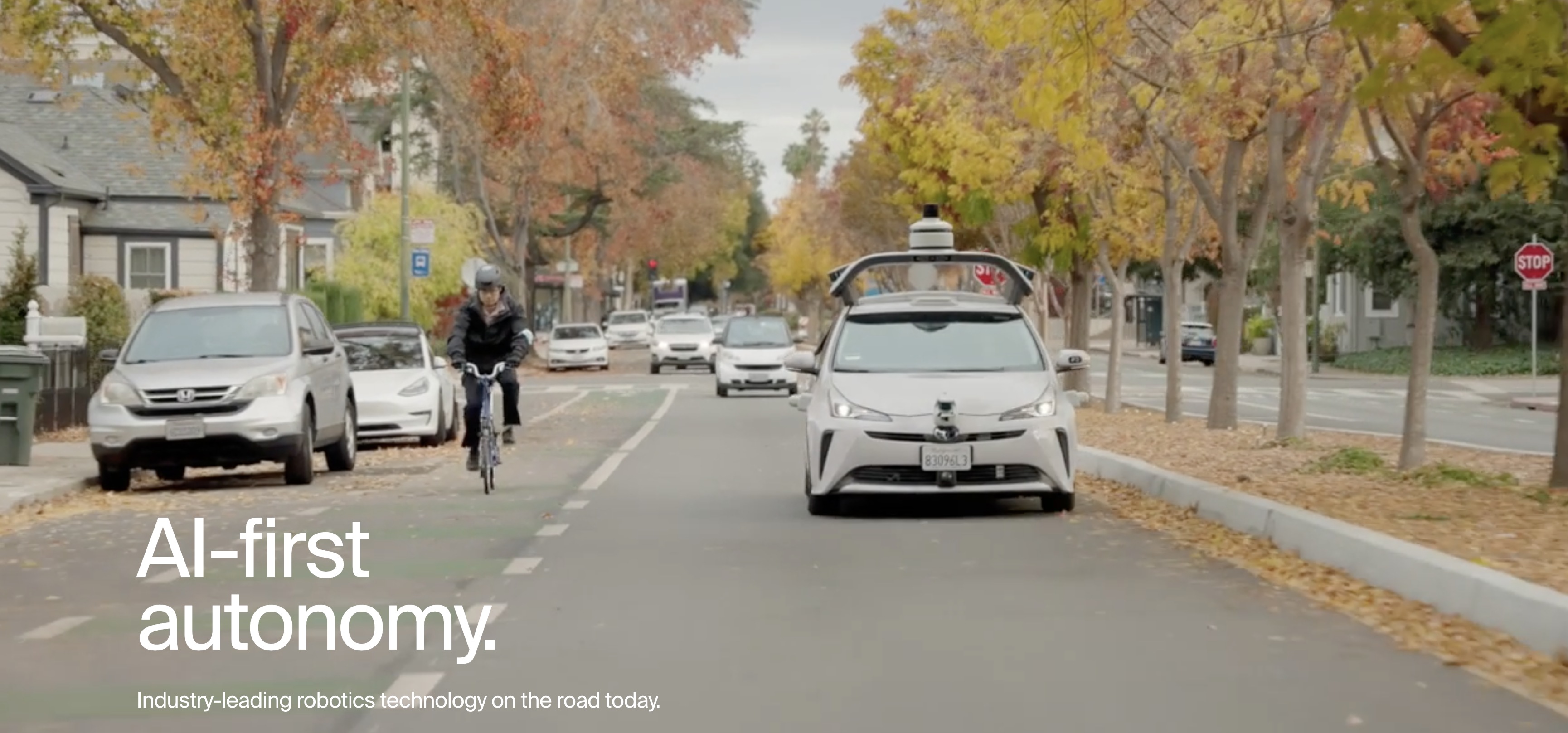
“Challenge your preconceptions, or they’ll challenge you.”
—An Old Vulcan Proverb
One essential thing in my work here at CleanTechnica is to keep a finger on the pulse of the EV scene. I can’t cover everything, but thankfully, I’m only part of a team that does this. So, I watch certain aspects of the industry and its customers.
Like any community of people, we have a shared culture. Obviously, EV fans are going to think EVs are better than the other options, even if for different reasons. Some of us are in it for the environment. Others might be in it because we like the torque or the quiet ride. Either way, that assumption is one of the things our community is built upon.
Some of these assumptions have become almost canonized over time. If you speak your mind in a setting where most people believe one thing, and you say the opposite of that, some people will not only try to tell you why they think you’re wrong, but take what you said personally. Even worse, people heavily invested in certain companies (<cough>Tesla</cough>) will take criticism personally, because it could affect their livelihoods if belief in the company crumbles.
At the same time, though, I don’t think I’m the smartest person on the planet, and I know that I don’t know everything. My opinions on Tesla and other things — they’re just my opinions. I have my reasons and my feelings that lead me to my opinions, and other people have their own reasons and feelings. So, when I discuss what I’m going to discuss in this article and some followup articles, I don’t want to just tell people what to think about our community’s assumptions.
What I want to do in this article is lay out some of the assumptions I commonly see in the EV and cleantech world, and try to spark more discussion in the community about them. Some of our assumptions are there for good reason, and should stick around. Others might not be as solid, or things may have changed since we all started believing that. When that’s the case, we probably need to revise or reject them.
Let’s take a look at a few of them for further discussion.
BEV > PHEV
This is a common one, and it’s one that’s definitely changing over time. 10–12 years ago, any EV under around $70,000–$100,000 was going to either have a very short range or was going to have even shorter range but with a gas engine to keep you going. Great examples of this were the Nissan LEAF compared to the Chevrolet Volt. But, since that time, the price of a battery EV with no ICE engine backing it up has gone down quite a bit, and the infrastructure to support EV charging has expanded to the point where even the Chevy Bolt can go most places, and that continues to improve.
But, questions and conditions may remain. Are there places one might live or visit frequently (mostly rural) where buying a BEV would still be a bad idea? Are there niche applications, like weekend highway towing, where only the wealthy can afford a truck with enough battery for the job? Will battery supplies be enough for the rapid EV adoption we need?
Tesla Should Lead The EV Industry
Before you scroll down to the comments to chew my butt about this one, keep in mind I said “should.” Nobody familiar with the industry would doubt that Tesla currently leads it. The company is selling the most BEVs, it has the most reliable charging infrastructure in the United States and some other places, and it’s still growing fast while everyone else is still at a much earlier point in the game (with the exception of some Chinese companies).
The assumption to challenge and keep or throw away here is that Tesla should lead the industry long-term. Would it be healthier to have several companies doing as well as Tesla, or would it be more efficient if almost everyone just bought a Tesla and let the “legacy” companies die off?
Even if Tesla doesn’t dominate the whole industry long-term, leadership can also mean that other EV manufacturers essentially build Tesla clones. They may be dressed differently to appeal to different customers, but if everyone’s building a skateboard-platform EV with a simple interior and a huge touchscreen, there’s really nothing different happening.
Autonomous Vehicles Are Going To Take Over
The assumption here is that, eventually, humans driving cars manually is going away, and will be replaced by autonomous vehicles. If autonomous vehicles are far safer than manual driving, then governments may even ban manual driving at some point in the future.
A related assumption is that personal ownership of cars will go away. Why own a car and let it sit 22 hours a day when it could be out giving other people rides while you’re doing something else? Or, why own one at all, when you can always get a car within minutes?
Decentralized Solar and Battery Storage Will Redefine The Grid
The assumption here is that eventually most families and businesses will have solar on their rooftops and batteries inside to provide for most of their power needs. This would make for a more resilient power grid that doesn’t rely on centralized energy production and transmission that we’ve seen fail in both California and Texas over the last few years.
Some reasons to question this may include:
- How will multi-family and dense urban housing join this?
- Will poorer people and renters suffer and pay high prices on a failing grid while the middle and upper class enjoy energy security?
- Is it more efficient to do centralized solar and storage projects?
Solar Doesn’t Belong On Cars
Almost every time I see Aptera or the now dormant Sono Sion program come up, I see a lot of EV fans say that a car’s roof is too small to produce a meaningful amount of electricity. For small vehicles, this may be true, but this discussion also extends to larger vehicles like medium and heavy duty trucks, RVs, and vehicles that could support a folding structure to generate more power. Micromobility, like e-bikes and kick scooters, along with motorcycles of all types, should also be a part of this discussion.
Some questions we need to ask:
- Are we only waiting on better technology, or is it a bad idea no matter what?
- Is it suitable for only certain sizes or types of vehicles?
- Is this technology a good way to help people with no access to a charger at night seriously consider an EV?
I figure these five assumptions that are common in the cleantech community are plenty to get started with, and should spur a lot of discussion. If this discussion is good, I may follow up on these individual topics and/or try to spur discussion about more assumptions, so definitely feel free to share your own.
I look forward to seeing what everybody thinks in the comments and on social media about this!
Featured image by Jennifer Sensiba
I don’t like paywalls. You don’t like paywalls. Who likes paywalls? Here at CleanTechnica, we implemented a limited paywall for a while, but it always felt wrong — and it was always tough to decide what we should put behind there. In theory, your most exclusive and best content goes behind a paywall. But then fewer people read it! We just don’t like paywalls, and so we’ve decided to ditch ours. Unfortunately, the media business is still a tough, cut-throat business with tiny margins. It’s a never-ending Olympic challenge to stay above water or even perhaps — gasp — grow. So …




